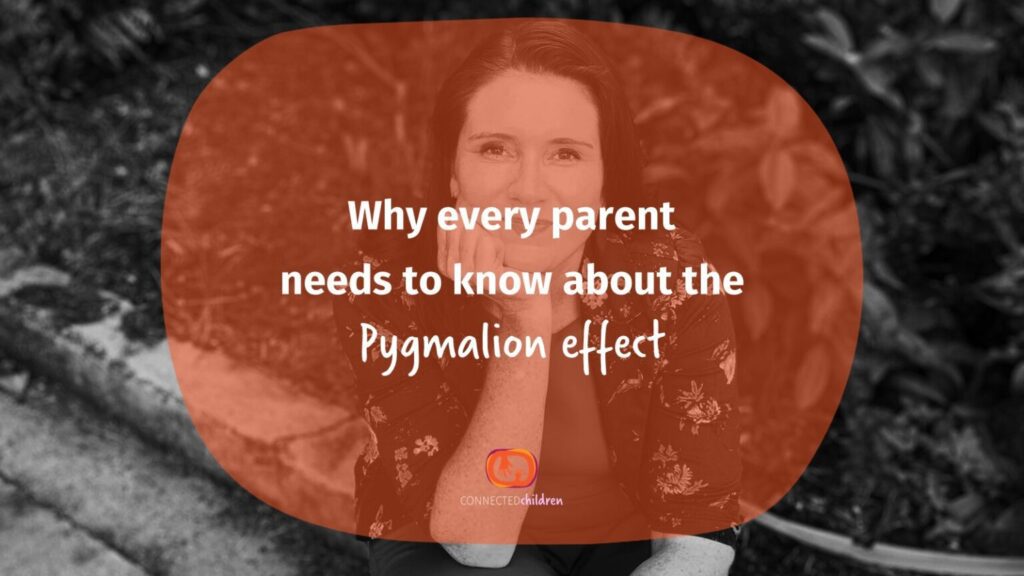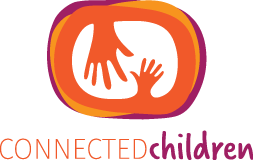
The expectations we have of our children makes a difference in terms of how they function.. the research backs this too.
Researchers Rosenthal and Jacobsen gave primary school students intelligence tests. After the tests, they gave the teachers names of twenty percent of the students who were showing “unusual potential for intellectual growth” and predicted to them these students would bloom academically within the year.
But unknown to the teachers, these students were selected randomly, it nothing to do with how they performed on the test. Only 8 months later, the randomly selected students who the teachers thought would bloom, scored significantly higher when they retested the students. Positive expectations influence performance positively, and negative expectations influence performance negatively. Rosenthal and Jacobson described this as the Pygmalion Effect.
What can we take from this? How other people see our child can play a critical role in how they function.
The stories we tell matter.
Have you thought about the key people in your child’s life?
Teachers, immediate family, extended family and close friends, people in the community.
As your child’s advocate, it might be worth asking yourself, what stories are the key people telling themselves about your child?
If your relatives are seeing your child as the trouble maker or the antisocial one, how can you challenge that? It might be a conversation or it might be supporting your child to engage with them in a way that challenges the picture they have of your child. Or helping them to see your child differently by viewing their traits in a positive way (antisocial child, might be a quiet child who prefers one on one close relationships).
When it comes to your child’s outcomes, the stories we ALL tell matter.
